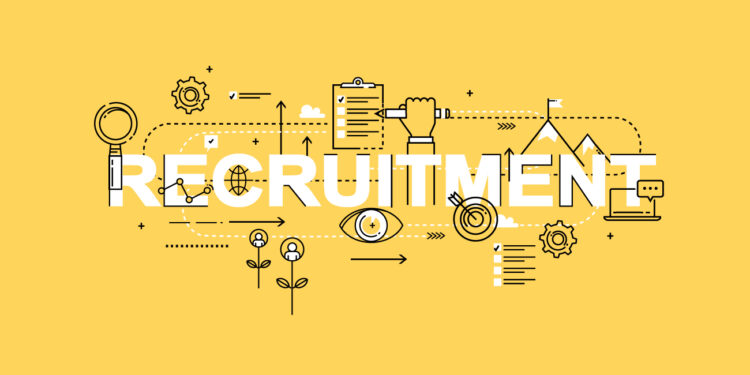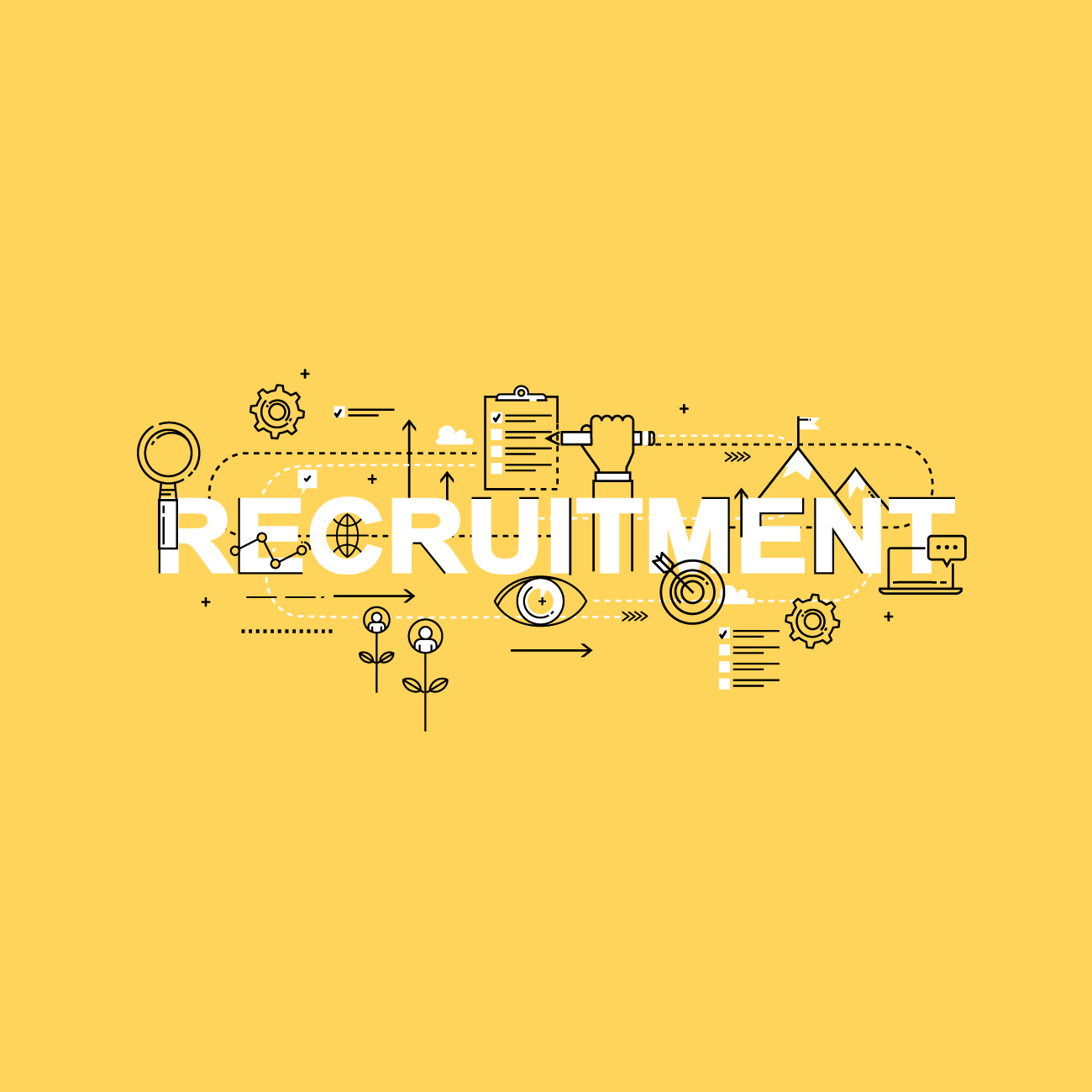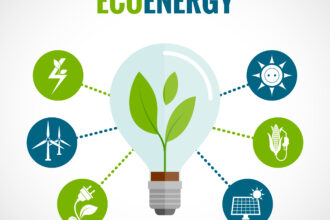The Future of HR: Exploring AI-Powered Integrations


HR professionals must constantly keep up with trends and tools to help their organizations adapt to the changing world of work. This includes the use of new technologies like AI and analytics.
By leveraging AI, HR can shift its focus from transactional tasks to more strategic and value-adding duties. This allows them to provide a better experience for their employees and drive more significant business results.
Table of Contents
AI-Powered Recruitment
Artificial intelligence (AI) and advanced analytics tools can help HR managers automate repetitive tasks, streamline workflows and improve decision-making. But the promise of AI is not without risks, especially if improperly built and implemented.
For example, if an AI is not adequately tested for bias, it can create a biased hiring process that discriminates against protected classes. This is why selecting a vendor with a clear and thorough documented process for mitigating bias, including internal procedures, third-party audits, and an AI explainability statement is essential.
Another area where AI can help is to identify high-potential candidates through automated assessments, standardized interviews, and smart shortlisting. This can help HR professionals reduce unconscious bias in the hiring process and ensure a fair and equitable experience for all candidates.
AI-Powered Onboarding
Streamlining hiring processes and eliminating unconscious bias are among HR’s top priorities. AI is proving a boon, enabling recruiters to sift through candidate pools more efficiently and quickly. However, the technology has its limitations.
While chatbots are a valuable tool for HR departments, they should be able to maintain a human touch. This is particularly important during onboarding when new hires have many questions and concerns about policies, procedures, and benefits.
To ensure these needs are met, HR managers can integrate AI into their onboarding process to help provide a seamless and personalized experience for their team members. Machine learning algorithms can use data like previous work experience, education level, assessment results, and personality traits to create training programs tailored to each employee. The result is an efficient, individualized onboarding that will allow employees to get started on the job more quickly. Moreover, it will also prevent HR from having to respond to the same questions repeatedly. This will save time and improve overall employee satisfaction.
AI-Powered Performance Management
AI is transforming HR practices in numerous ways, including recruitment, learning, and performance management. The latter lends itself exceptionally well to Gusto integration because it’s data-driven mainly and requires frequent, accurate updates. Traditional performance management methods are limited by bias, inaccuracy, and long turnaround times.
AI-powered performance management can help managers locate talent pools, make better hiring decisions, and provide ongoing employee feedback and development. It can also be used to predict employee potential and make recommendations for promotions or responsibilities. It can even help determine fair compensation by gathering data about market salary rates, salaries at other companies, and internal payroll data.
Using AI in performance management can reduce unconscious bias and create a more equitable and transparent evaluation process. It can also save managers time by monitoring and assessing employee performance in real-time (monitoring targets, quotas, and other factors that impact team productivity). This will allow rewards to be dished out instantly and intervention to occur early on if a trend develops, such as poor performance or low morale.
AI-Powered Learning
HR departments can use AI to learn about employees’ unique characteristics. It can help identify and improve employee well-being, provide personalized training programs, and analyze the work culture.
It can also assist with performance management by analyzing data to identify patterns that indicate low or high productivity. This can help managers make better decisions when reviewing staff performance and recommending interventions or terminations. AI can help avoid unconscious bias by identifying patterns in hiring and firing practices and alerting HR when an activity might be inequitable.
Some AI software has been designed to be a virtual assistant that can quickly and effectively answer questions from employees and candidates, freeing HR professionals’ time to focus on other tasks. However, it’s essential to remember that AI cannot replace the human touch and should only be used to improve HR processes’ efficiency, accuracy, and effectiveness. In addition, any AI-powered software should be able to safeguard sensitive information and comply with cybersecurity standards.
AI-Powered Engagement
HR needs to ensure employees are engaged and happy with their jobs. AI tools can help by analyzing data to identify trends in employee dissatisfaction and suggest new ways of addressing them. This allows HR managers to focus on building a high-performing team and providing the best possible employee experience.
HR can also use AI to improve the performance management process by reducing unconscious bias in hiring decisions. By evaluating hundreds of candidate attributes, AI can make fair and objective hiring decisions not affected by personal opinions or prejudices.
In addition, AI can be used in training programs to provide a more personalized and immersive learning experience. AI can create a customized learning program tailored to each individual’s needs by analyzing employee feedback, projects, and other data.
As a result, AI can significantly improve the future of HR by eliminating time-consuming manual processes and increasing efficiency and productivity. However, it is essential to remember that AI must be used smartly to avoid creating problems. This requires a partnership between humans and machines to ensure the technology is unbiased and accurate.






